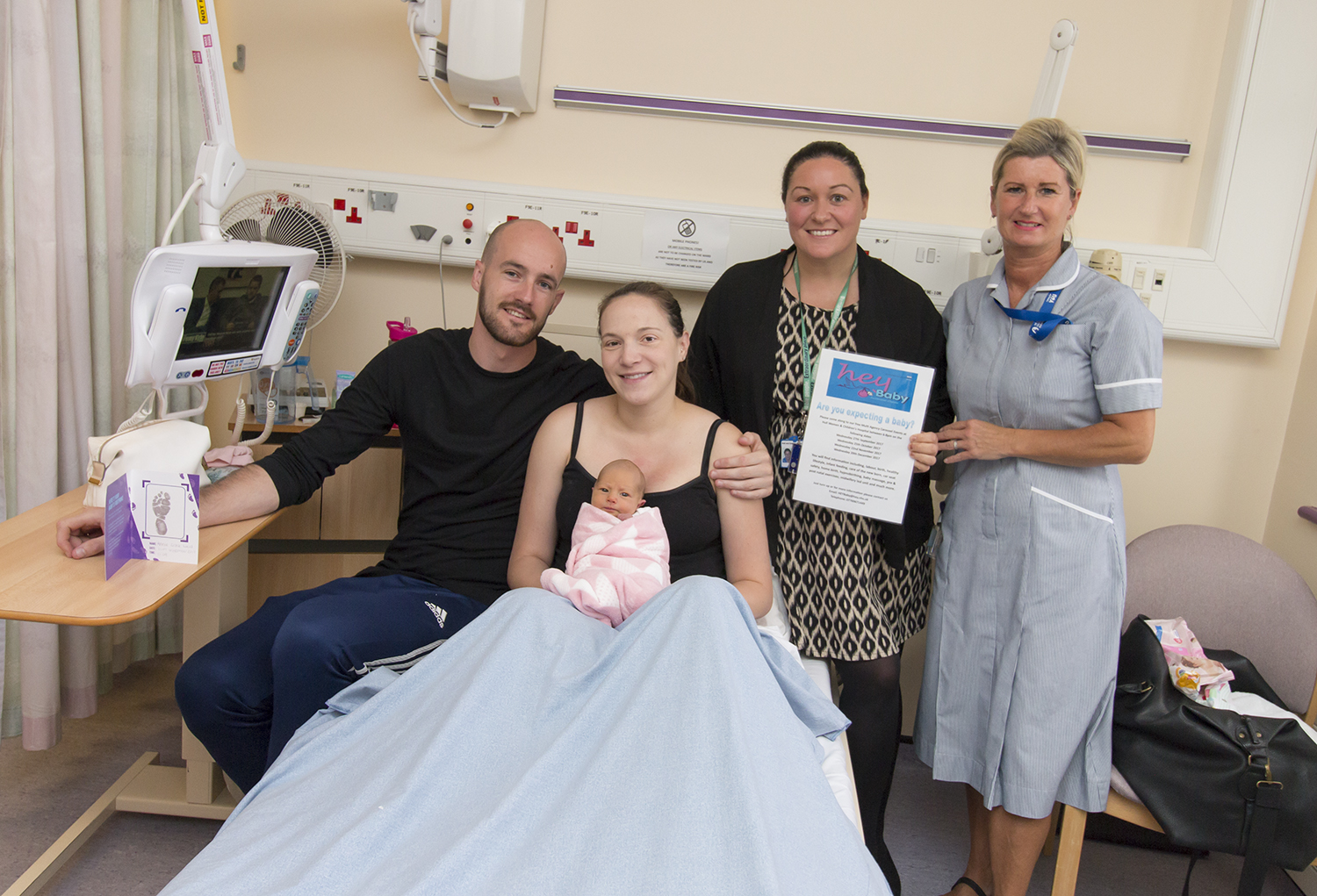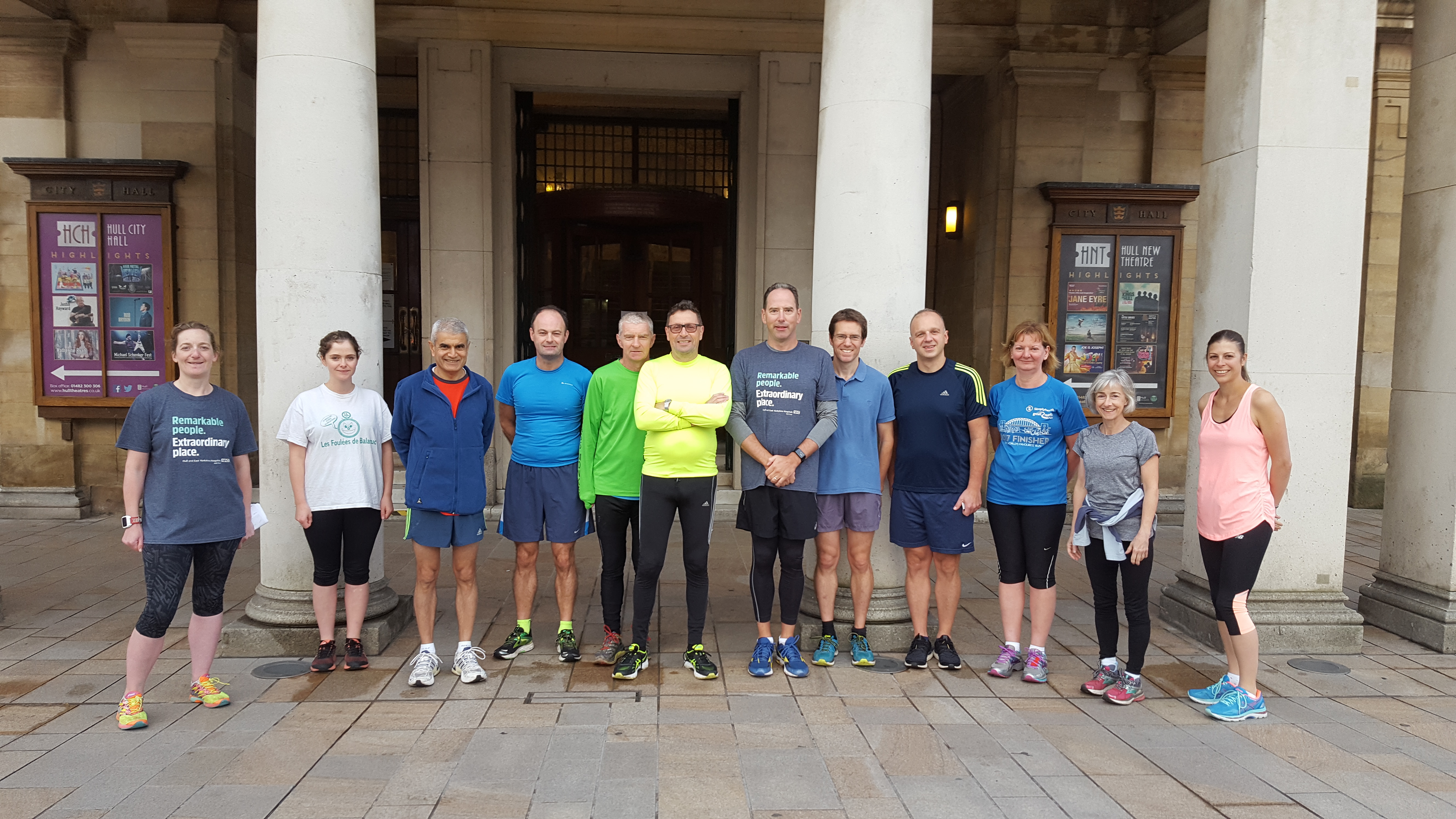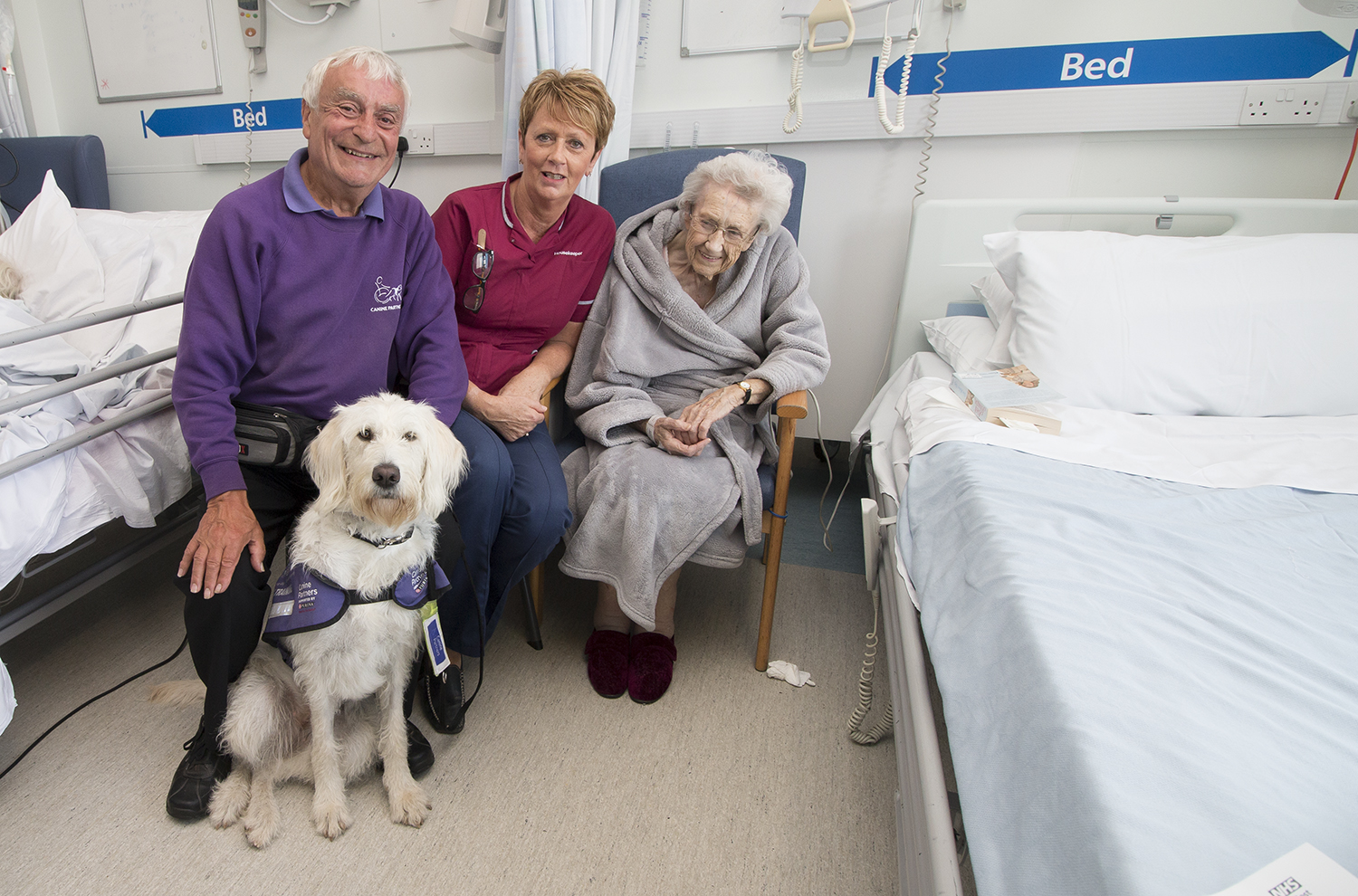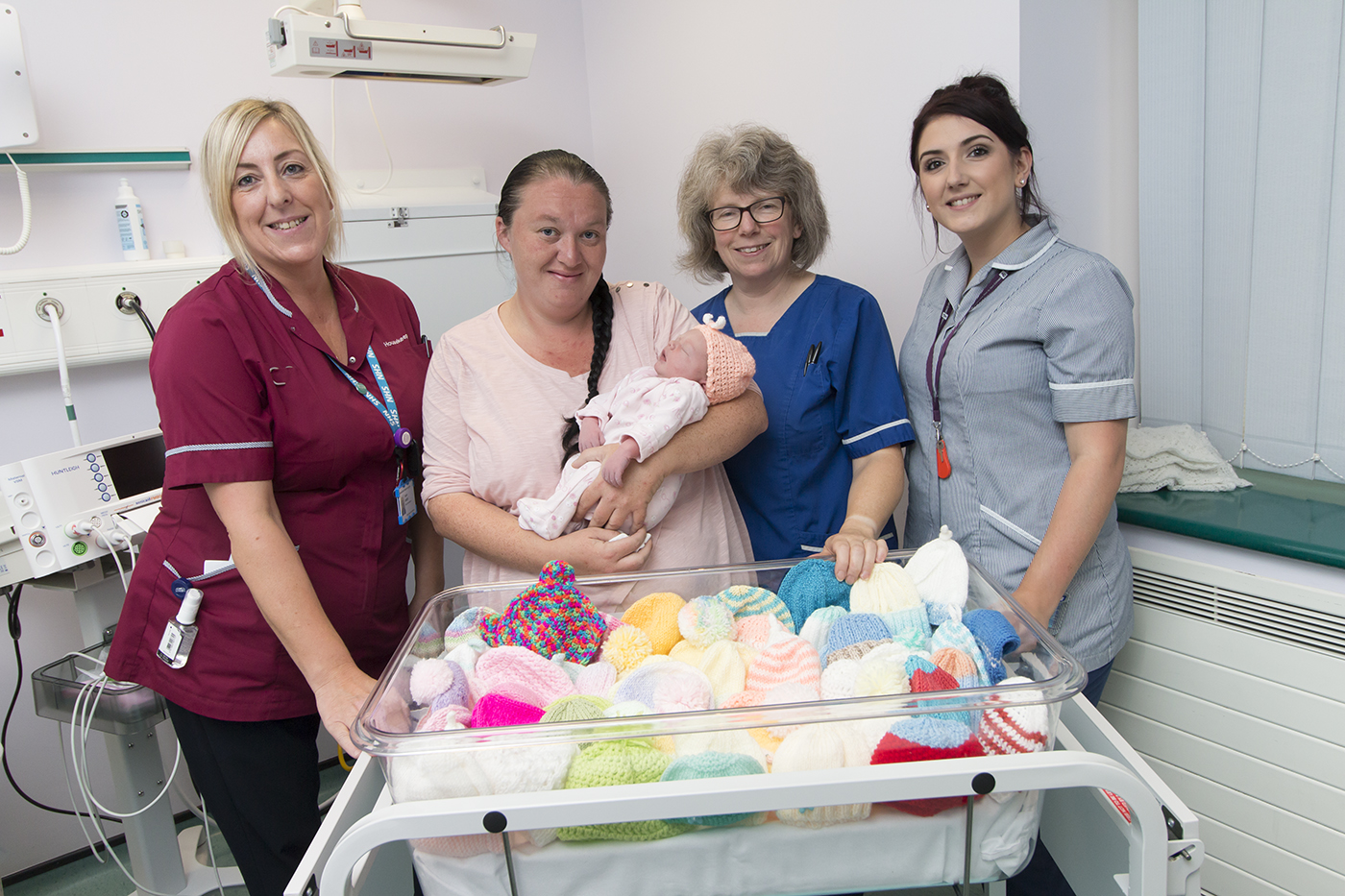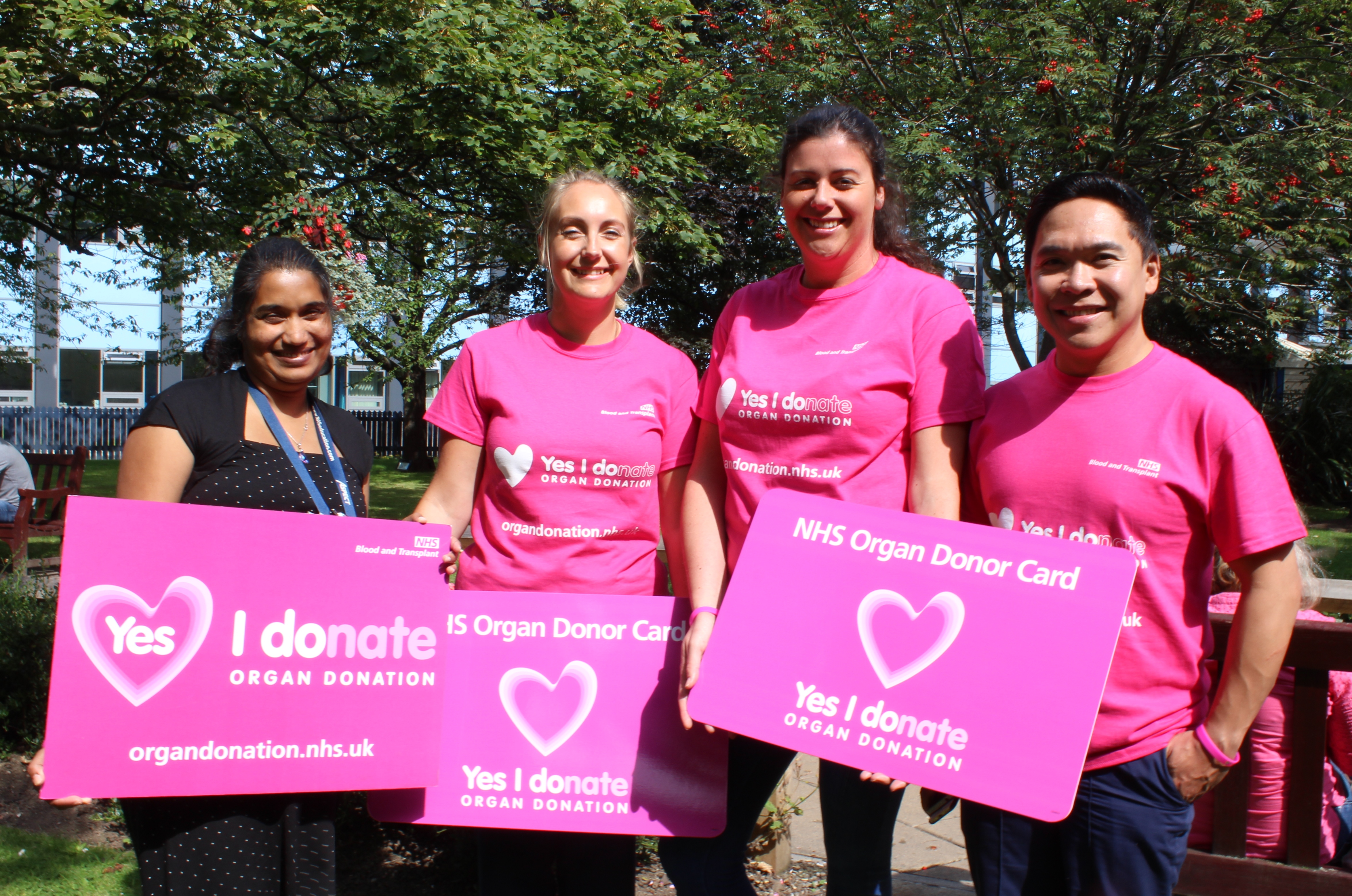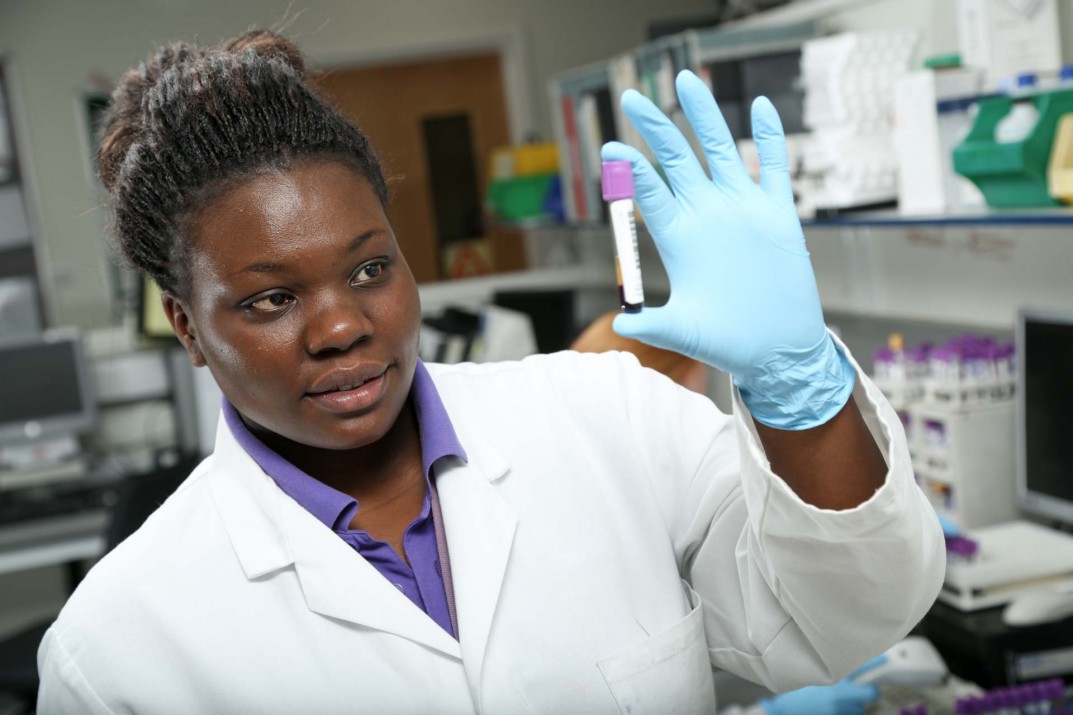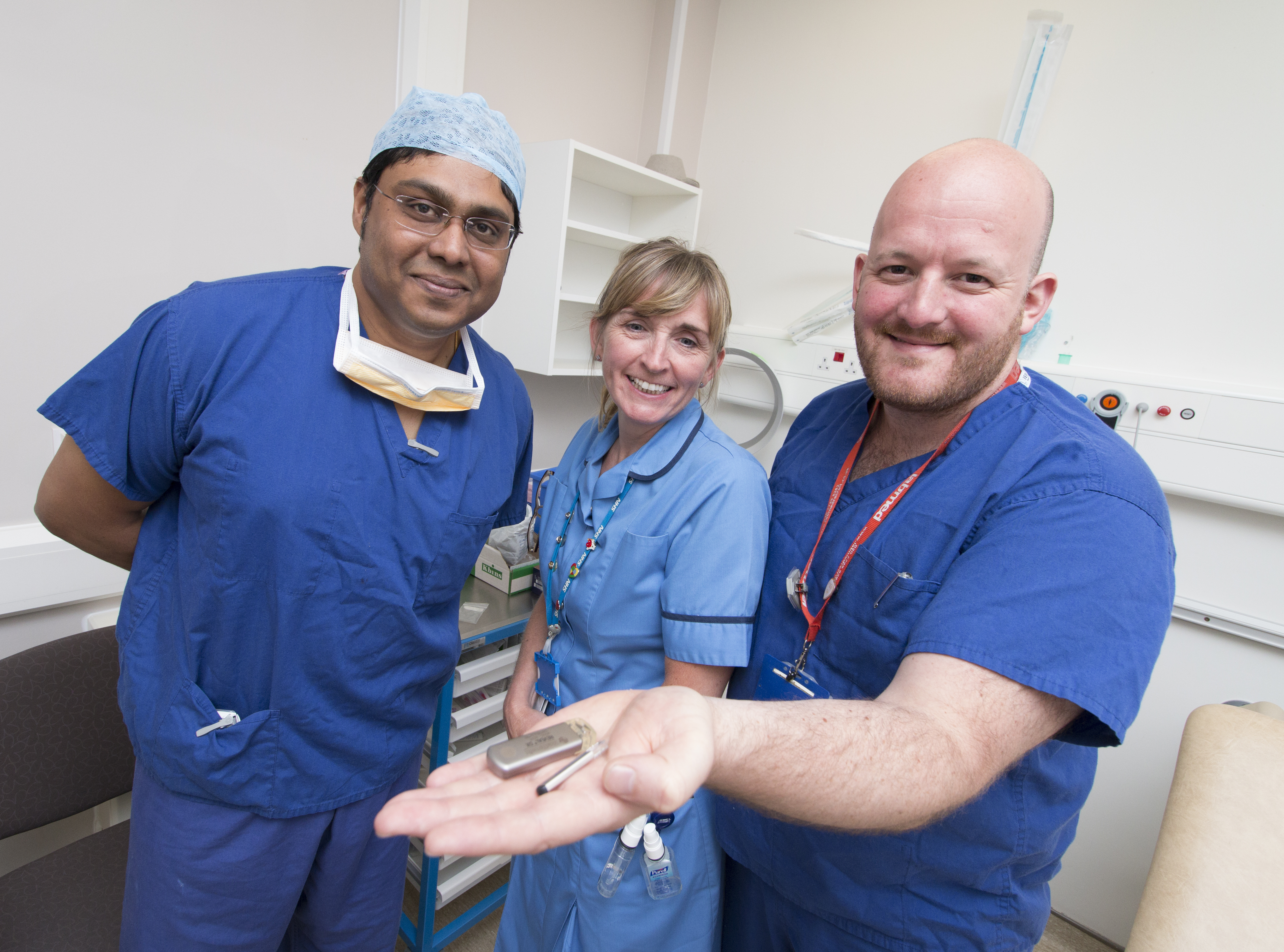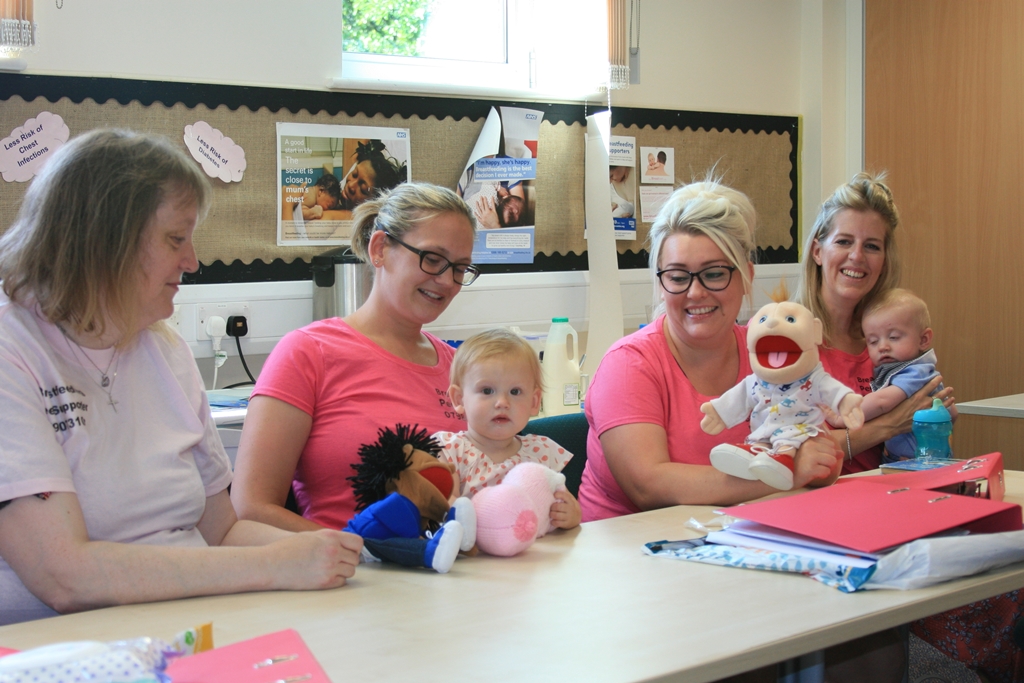3,775 women across Hull and the East Riding have already done it this year, and a further 1,507 are waiting patiently…
Having a baby can be an exciting and daunting life event at the best of times, so now health experts from across the area are getting together to host a series of drop-ins to help new and expectant parents .
From hypnobirth and fitting a car seat correctly to using the new Fatima Allam Birth Centre, experts from various agencies, community and support groups will convene later this month for the next HEY Baby carousel event.
Melanie Lee, Childbirth Educator Midwife at Hull University Teaching Hospitals NHS Trust says:
“Literally thousands of babies are born in this city every year, and we want to give those babies and their parents the best possible start.
“The event we’ll be hosting next week is designed to bring a lot of different experts in their field together so pregnant women or new parents can come along and have all those niggly little questions answered, like ‘what do I need to bring into hospital’ or ‘how do I lose my baby weight?’
“Sometimes women don’t always like to bother their midwife, or questions crop up later in conversation with friends or family, so this event gives people the opportunity to pop in and ask whatever they like; the main thing is we want families to feel ready, confident and supported, and aware of all the options open to them.”
The HEY Baby Carousel Event will take place on Wednesday 27 September from 6 to 8pm at the Hull Women and Children’s Hospital. Representatives from/advice on the following will be available:
- Fatima Allam Birth Centre (midwife led unit)
- SureStart Children’s Centres
- UsMums fitness sessions
- Baby bath and nappy change demonstrations
- Car seat safety
- Home birth group
- Hypnobirth
- Healthy lifestyles
- ‘Let’s talk’ talking therapies
- Health Visitors
- Breast buddies – breastfeeding support
- Infant feeding
- … and much more!
Copies of the Baby Footprint postcards, as featured on the 2017 City of Culture artwork within the entrance to the Women and Children’s Hospital, will also be on sale.
There is no need to book, but for more information, call the HEY Baby team on 07769 671449.

